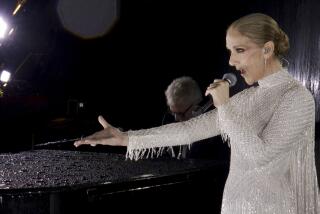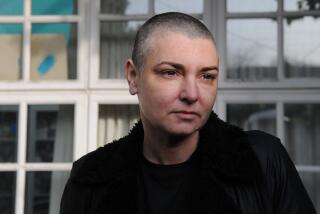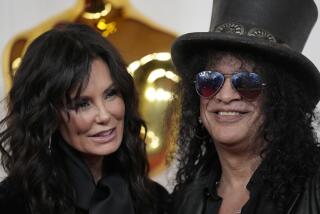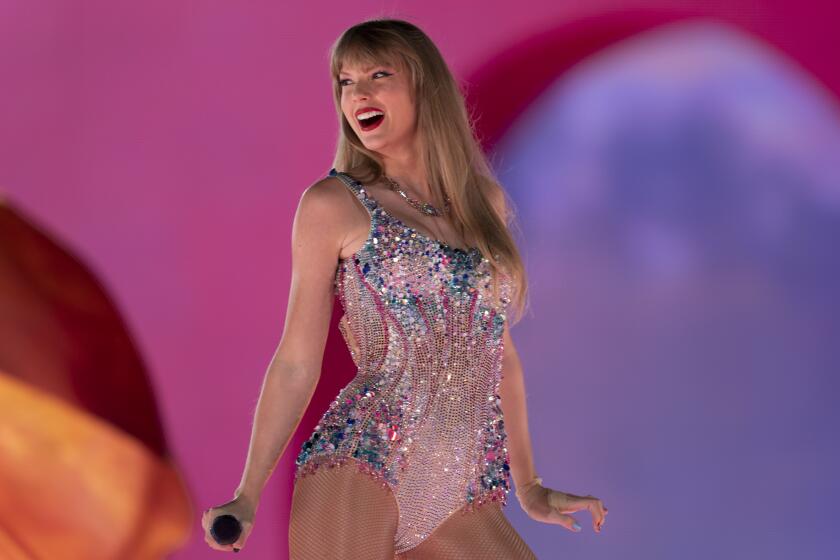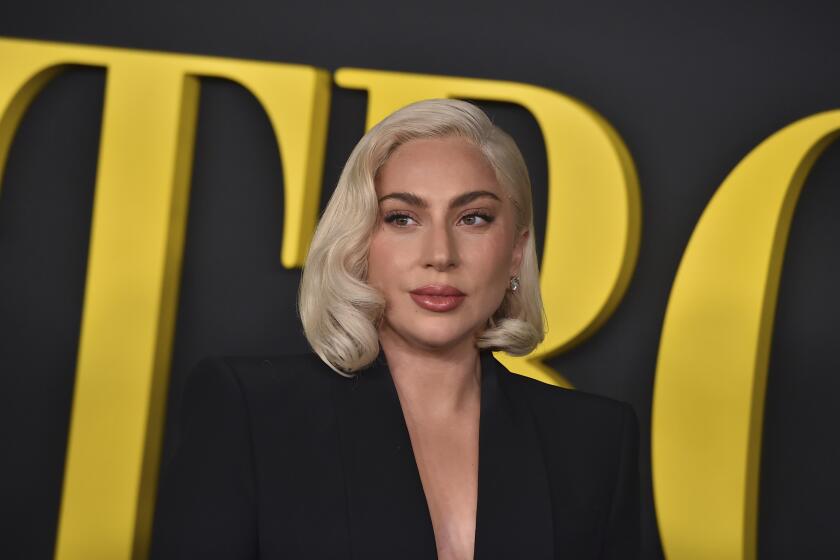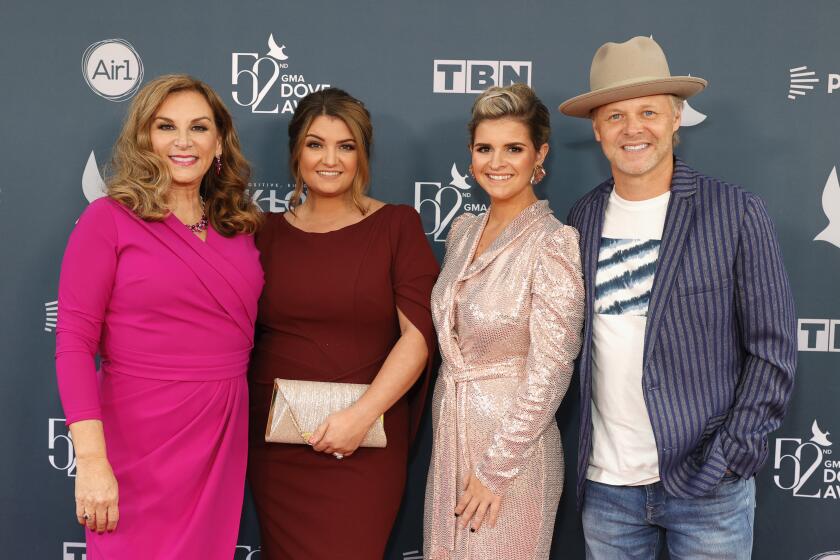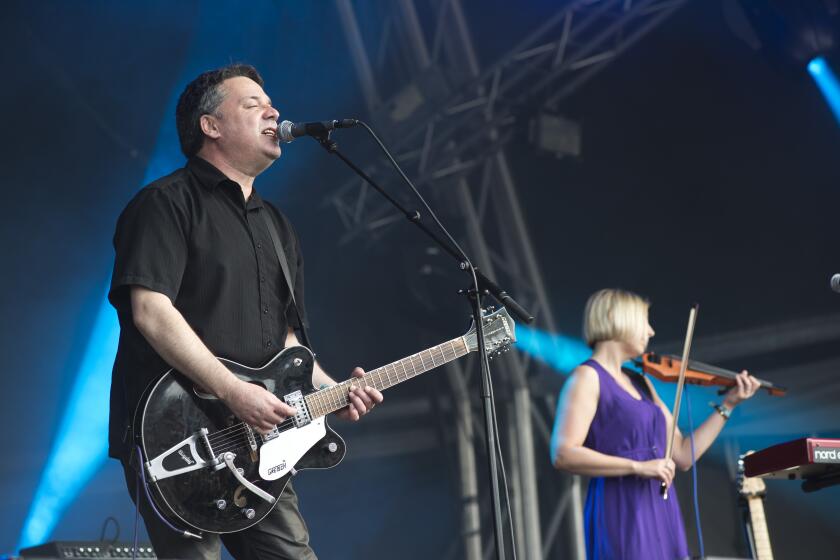A Talking Heads Extravaganza : Check List ****<i> Great Balls of Fire</i> ***<i> Good Vibrations</i> **<i> Maybe Baby</i> *<i> Running on Empty </i>
**** TALKING HEADS. “Naked.” Sire.
Talking Heads’ latest (due in stores Tuesday) is their first effort in some years not to sound anything like what’s come before, as the band eschews the stripped-down four-piece rock approach of late for a far more eclectic big-band, world music extravaganza.
And to those who might find a certain predictability in the overwhelming use of African musicians here--a la 1980’s ground-breaking “Remain in Light”--wait till you hear how they’re used, or until you hear them combined with ex-Smith Johnny Marr’s guitar or Eric Weissberg’s dobro and pedal steel or a nine-piece horn section. “Naked” as in “unadorned”? Hardly.
The first two tracks promise some sort of brilliant horn extravaganza--especially the heavily arranged “Mr. Jones,” with its salsa-cum-Vegas feel. Then, like Bob Dylan’s Mr. Jones--who likely was the inspiration for David Byrne’s Mr. Jones--we may feel that something’s happening here but we don’t know what it is, as the horns disappear and the music makes several more wild twists and turns.
Byrne’s lyrics flit back and forth between the cut-and-paste stream of consciousness technique he used on the earlier African-influenced albums and his more linear style. One of his best lyrics ever is “The Democratic Circus,” which lives up to its promising title with a scathing attack on the political candidacy process that couldn’t be a whit more timely.
Elsewhere, “Naked” is brimming over with queasy naturalist references. Byrne’s most ambiguous and hilarious statement is “Nothing but Flowers,” which takes place in a future where mankind has let its buildings and artifacts waste away, and nature has taken over. “This was a Pizza Hut / Now it’s all covered with daisies / I miss the honky tonks, Dairy Queens and 7-Elevens,” Byrne whines, before concluding, “Don’t leave me stranded here / I can’t get used to this life style.”
Even in the songs in which he participates as a protagonist, Byrne can seem too much the outside sociologist. But he offsets any sense of emotional detachment with a genuinely moving finale, “Cool Water.” Here he touchingly details the exploitation of laborers--in terms suggestive of South Africa--and asks, “Is their skin not the same as yours? / They can sit at the table, too / The same blood as you and me. . . .”
If a natural state of affairs inspires an amusing queasiness from Byrne in some of the other tracks, it’s clear here that he recognizes that it is the great equalizer--and to paraphrase Dylan, some day even President Botha will have to stand naked.
More to Read
The biggest entertainment stories
Get our big stories about Hollywood, film, television, music, arts, culture and more right in your inbox as soon as they publish.
You may occasionally receive promotional content from the Los Angeles Times.
